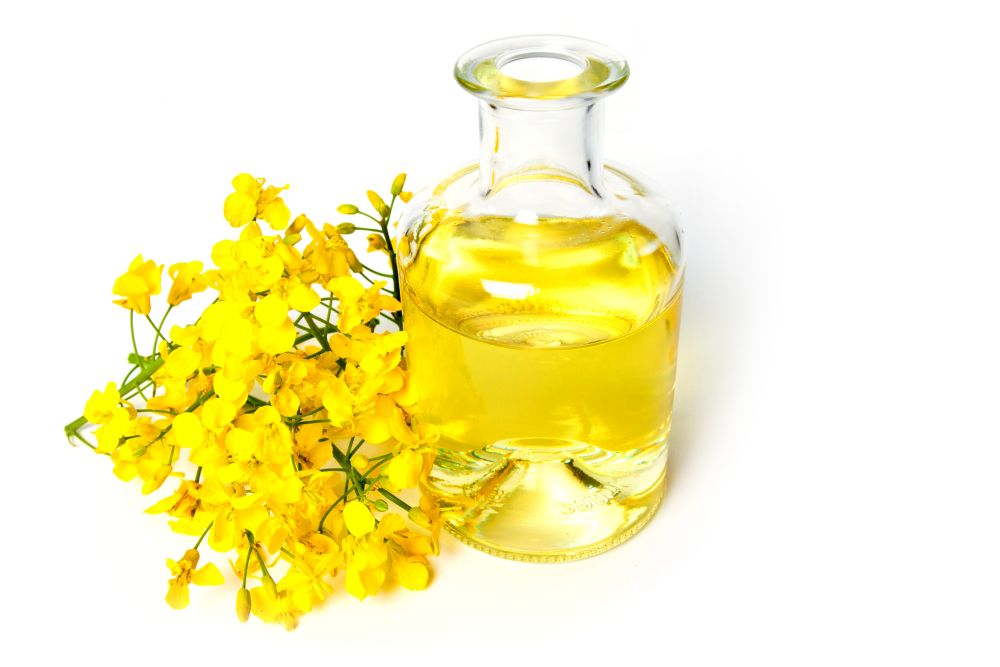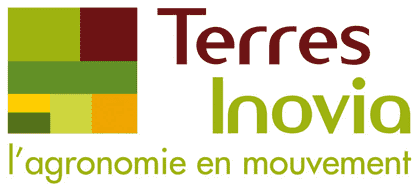Actions Terres Inovia : valoriser les débouchés - Institutionnel
Valorizing outlets
Without a profitable outlet, there is no crop. Terres Inovia is working with its partners and actors from the sector to valorize, and above all diversify, the outlets for these crops, in nutrition and other domains. The work of the institute covers the entire production chain, with the development of recommendations concerning processes and key steps in transformation.
Contact : Alain Quinsac
a.quinsac@terresinovia.fr

Our goals
To validate the data from surveillance plans
To understand how contaminants are transferred and develop recommendations to prevent contamination
To improve crushing through work on the key steps in this process (the removal of oil from rapeseed, the hulling of sunflower seeds and the cooking of soybeans)
To monitor the development of new processes
To provide expert advice concerning initial transformation processes for local sectors, in the framework of crop diversification.
